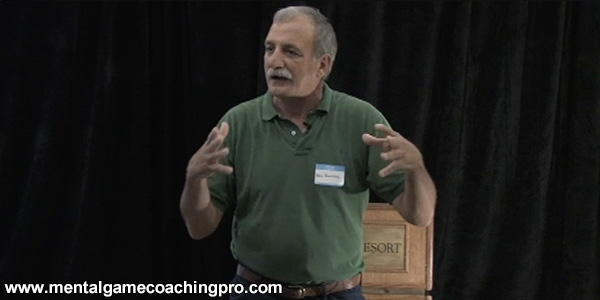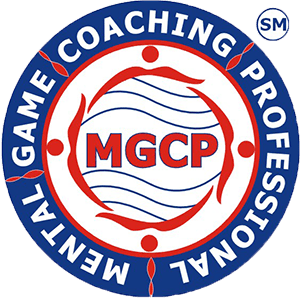
How Observation Helps Mental Coaches
I had the pleasure to interview my friend and mentor, Dr. Ken Ravizza a few years ago as we were preparing for the Peaksports bookcamp…
I asked him who influenced him the most in his career. Back when Ken started teaching, sports psychology didn’t exit, but he was influenced by authors, such as Eleanor Mathini, Maslow’s hierarchy of needs, and sport philosophy.
“The thing that’s really impacted me is my original research, which grew out of Maslow, was when athletes are performing at their greatest, what are they doing?” Ken said.
And many people in the early years of sports psychology influenced Ken.
“In terms of sports psychology, the first big person for me was Bruce Ogilvy. I still remember when I was starting with the Angels, I went up to see Bruce, because he had been in professional sport for years,” Ken said.
“And after Bruce, I would say it was several peers, like Bob Rotella, Keith Henschen, David Yukelson. I mean just a whole bunch. And faces are flashing by the head, Wes Sime.”
“Just so many people where we shared ideas, where you were comfortable sharing, where you got feedback, you were open to get feedback from other people, because the field was relatively new, expanding.”
“And my perspective is, I tell the athlete, ‘Are you that terrible an athlete that you have to feel great to perform well? Are you that bad that you need every call by the officials, that you need every play made by your teammates? Are you that bad?’ And they go, ‘No.’ And I go, ‘So then why do you get so upset by that stuff?'”
~Ken Ravizza
Ken felt observation was important during his career.
He said he learned a great deal from spending time in the gyms, on the fields, and talking to coaches. He was a life-long learner of sport and the mind of athletes.
I think observation, talking to athletes and coaches, and learning what makes them great is a critical element becoming an effective mental coach.
“I was really influenced by coaches. I spent the vast majority of my time in gyms, on practice fields, watching practices, talking with coaches. That’s where I really learned a lot,” he said.
“And I think a lot of young people in the field don’t spend enough time just observing, and taking information in, and understanding the sub-cultures involved in sport, and understanding all the dynamics going on,” Ken said.
In the late 80’s and 90’s, I started working with golfers on the mental game. And I got as close as I could during competition because I also caddied for several of my golfers.
This up-close observation was valuable to my career in sports psychology.
“And this is throughout life, if we want to be great at anything. What did we learn? I know every time to this day, when I work with a team, ‘Hey, I took a weekend out of my life to be with this group. What did I learn to be a better consultant? To be better at what I do?’ Because if I’m not doing it, how can I expect other people to do it?” Ken said.
What did you learn to be a better consultant this week?
Related Mental Coaching Articles
- Lessons from Ken Ravizza in Sports Psychology
- Tribute to Mental Coach Ken Ravizza
- Ken Ravizza on Gaining Entry to Teams
Mental Coach Assessment System

If you help athletes improve their mental game and want to be more effective with helping them build mental toughness, but don’t have a proven system for identifying and assessing your athletes’ mental game, I can help you…
I view this assessment as a way to “interview” athletes before they come in for coaching–and to improve organization and speed up the coaching process. Today, I call it the Athlete’s Mental Aptitude Profile or AMAP for short. Now you too can learn how to use the AMAP Assessment system with your athletes…
The AMAP System teaches you how to easily identify your athletes’ mental game challenges, what mental game issues to look for when reading the AMAP, and how to do a summary of the AMAP. In addition, you’ll also get follow up questions to ask and how learn about how to drill down on relevant topics.

